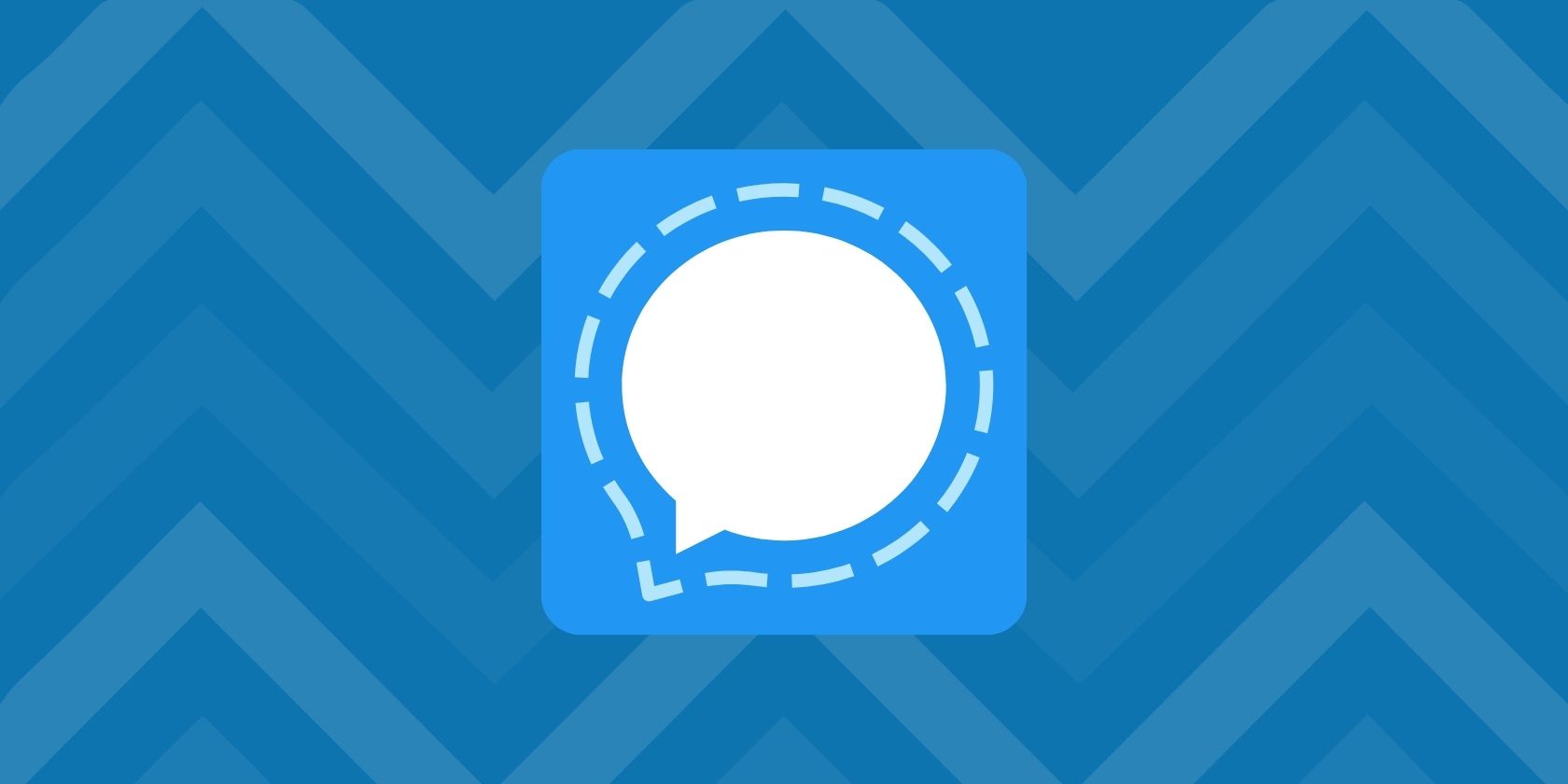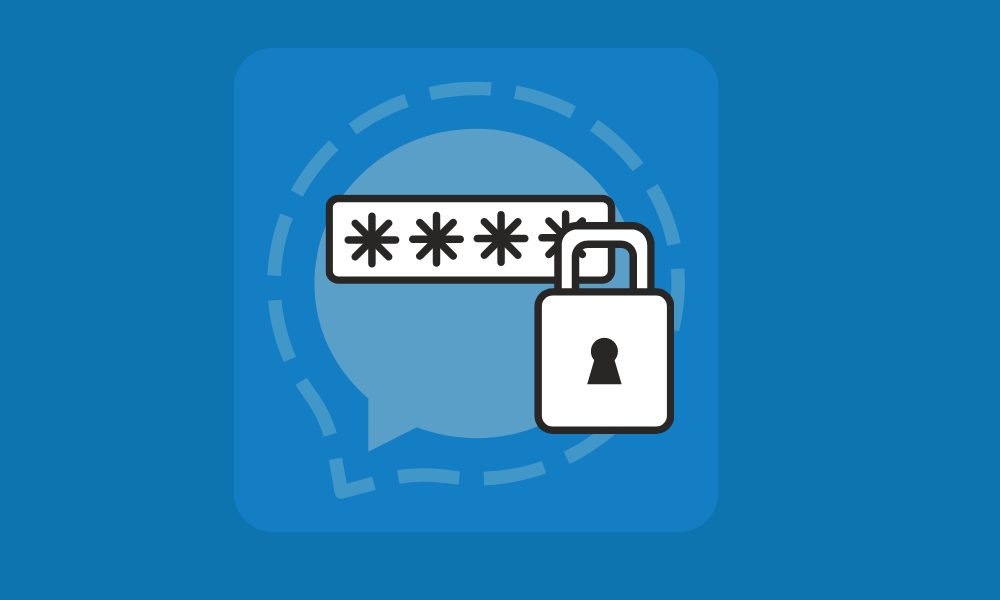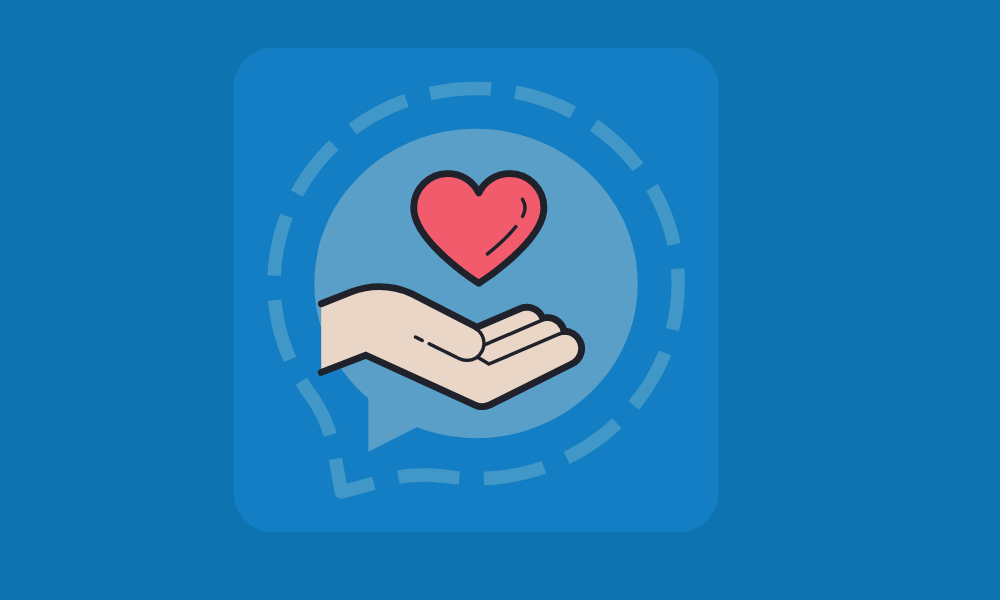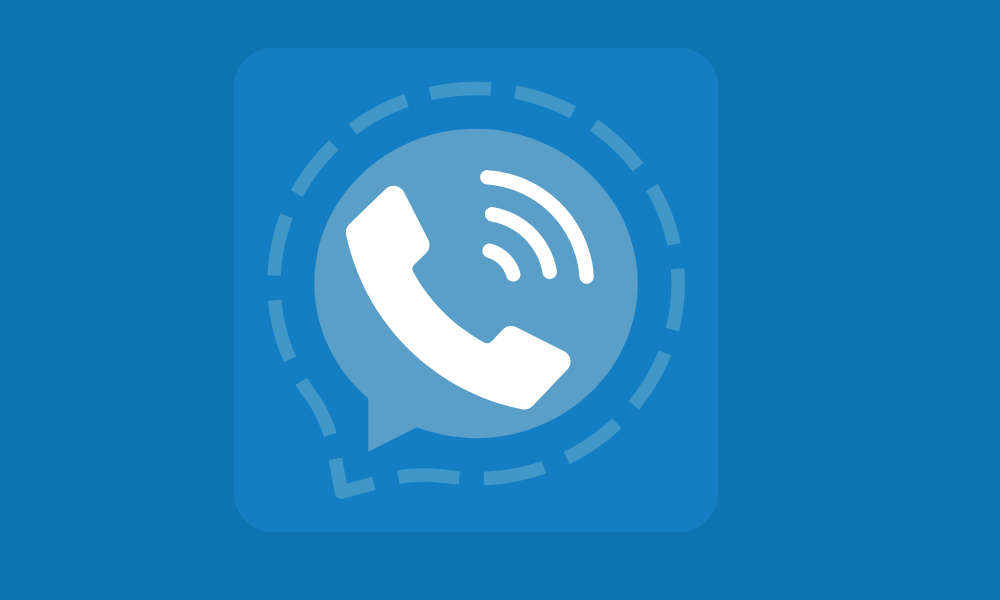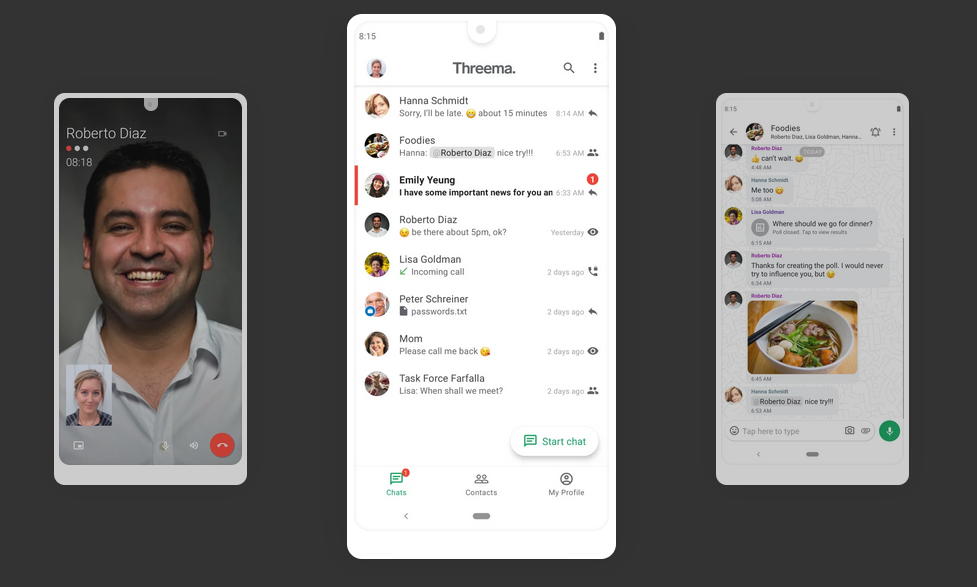Signal is a privacy-focused messaging app. Initially, it was a niche option for security enthusiasts, but as the demand for secure messaging soared, Signal became one of the best alternatives to WhatsApp.
When it comes to encrypted messaging, Signal turns out to be one of the superior messaging solutions. Not to forget, WhatsApp also uses Signal's encryption protocol to keep the conversations end-to-end encrypted.
With all the recommendations for Signal, is it the ultimate secure messaging app? Or, is there a better alternative to Signal? Here, we give you more insights about the platform to help you decide for yourself.
Why Is Signal App Preferred Over Other Messengers?
We have compared Signal with Telegram and have discussed alternatives to WhatsApp. And surprisingly enough, Signal turns out to be an easy recommendation over others.
We are concerned about how messengers handle/share our data. For some, using a messenger that does not relate to Facebook seems to be more than enough. So, what makes Signal so good?
To give you a head start, we already have a list of reasons you should start using Signal. But, what makes it the ultimate choice?
1. Signal Adopts the Latest Security Features
Among all the mainstream messengers, Signal adopts some of the latest security features to ensure that you get a private experience when communicating with other users on the platform.
While end-to-end encryption makes it worthwhile, it is not the only thing making the app secure.
Things like offline backup, incognito keyboard, screen security, and call relay make it a suitable secure messenger. In addition to the features offered, Signal constantly adds privacy-oriented features to provide a secure messaging experience.
2. As Secure as It Can Get
Even if Signal is more popular than ever, it is not swarmed by an overwhelming number of users. So, the chances to meet a malicious actor/scammer on Signal are a lot less than other messengers like WhatsApp and Telegram.
Not just limited to bad actors, Signal being an open-source solution arguably makes it more secure as well. The contributors and the open-source community can spot security vulnerabilities faster and prioritize fixing them.
In contrast to other messengers, the number of employees assigned for security may not be as effective as the entire open-source community browsing Signal's source code.
3. The Trust Factor
Whether the technology is a hit or miss also depends on users trusting the company behind it.
When it comes to secure messengers, trust is a vital factor. For instance, most users don't trust Facebook as a company to handle their private conversations. If a company like Facebook is behind a messaging service, can you trust their claims?
This is where Signal shines.
A non-profit organization develops and maintains Signal, unlike any money-making corporate entity. The Signal Technology Foundation has a proven track record of promoting the right to privacy and encouraging encryption.
They have also worked to fight back against censorship in many countries across the globe. So, the trust factor for the Signal Foundation gets an edge here.
Here's Why Signal May Not Be the Ultimate Secure Messenger
Even with all that factored in, can you consider Signal the ultimate messaging app for every user? Not exactly.
A few things hold back Signal from being the ultimate solution. Some reasons include:
1. Signal Needs Phone Number to Work
While it is a private messenger, it needs your phone number to work, and you need to share your phone number with other users to communicate.
The phone number is still a vital piece of information. Signal plans to work on a username-based system, but that is not the case at the time of writing.
2. Signal Uses Centralized Tech
Similar to WhatsApp, Signal relies on centralized technology. In other words, anything that affects the server (like sudden surge in users/increased activity/DDoS attack) takes the entire network down with it.
Of course, a network/server outage does not happen as often with proper infrastructure in place. However, there is always a single point of failure with a centralized architecture, and the entire network gets affected if anything happens.
A decentralized network could prove to be more robust, but there are technical challenges that Signal may not have a solution to.
3. Signal Lacks Cloud Data Sync
Considering it as a privacy-friendly messenger, every time you log in to a new device, the conversations cannot be retrieved without restoring a backup.
Unfortunately, Signal does not rely on a cloud-based sync feature, and the data resides locally. Hence, it is inconvenient to lose all your active conversations.
Unless you have a backup of your data, you cannot retrieve those conversations in a new device/installation. A cloud-sync feature can make things easier and more convenient.
Interesting Alternatives to the Signal App
A couple of alternatives have managed to do a few things better than Signal. If you value decentralized network, convenient sync, and want to get rid of your phone number associated with a messenger, some alternatives include:
Session
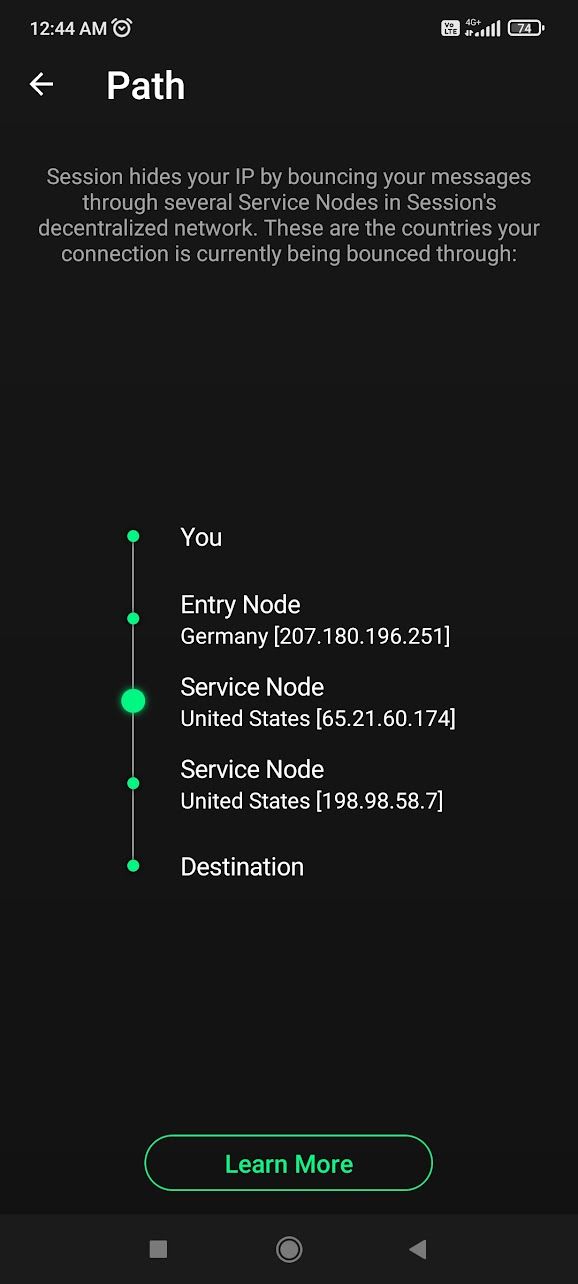
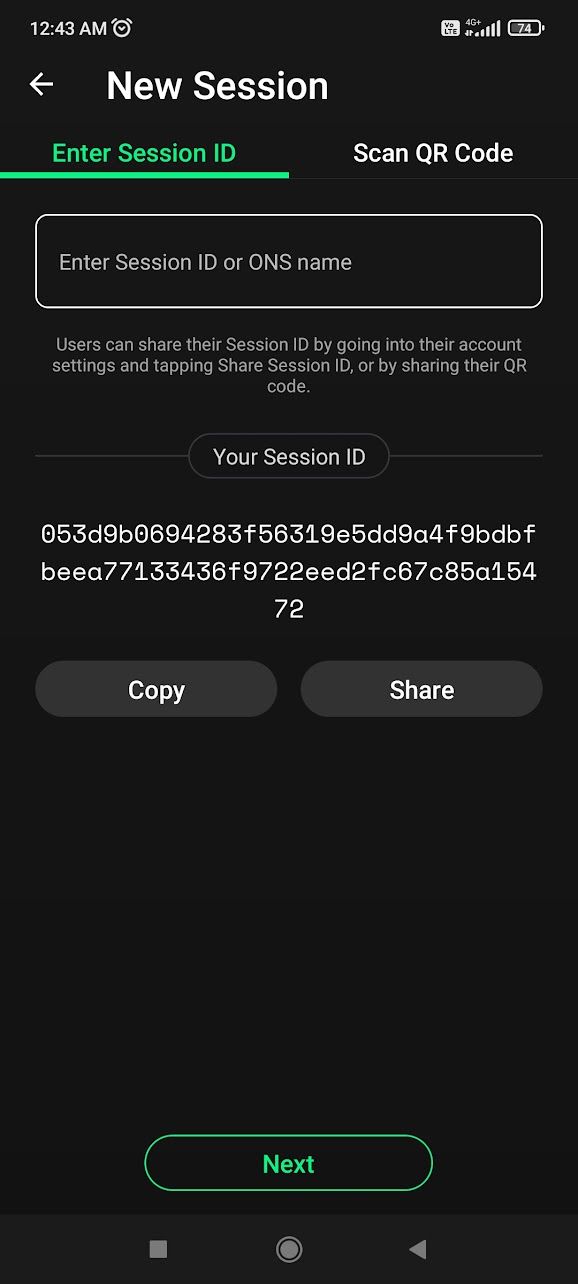
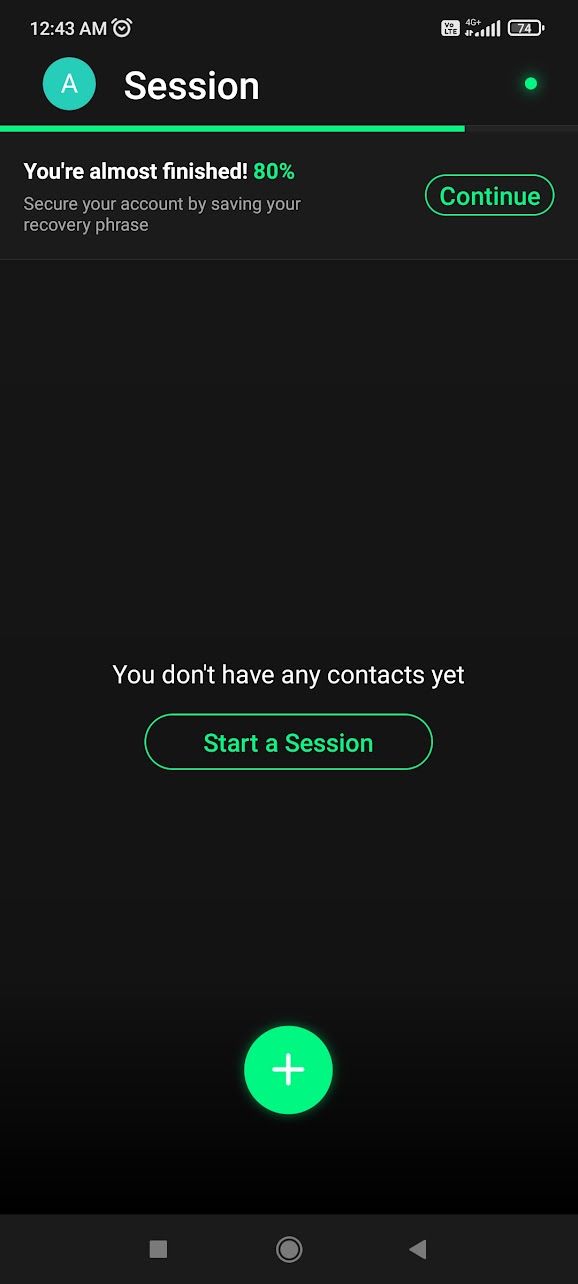
Session is technically a fork of the Signal app. In other words, it is based on Signal, but it takes things further with its modifications.
It is an open-source private messenger that does not require a phone number to sign up and relies on a decentralized network. The app generates a random number that you can use as your identity/username. Your IP address is routed through different destinations to enhance your privacy, hiding your original location and IP.
It may not provide the same level of usability as Signal, but if you want a decentralized messaging app without the need for a phone number, Session can be a good choice.
Download: Session - Private Messenger for Android | iOS
Threema
Threema is an exciting offering, which is as old as Signal. It is also an open-source app with security-focused features.
While it is a premium app, it successfully uses a decentralized network with a system that does not require your phone number.
It offers all the essential features and is easy to use. Similar to Signal, you should find it available for smartphones and desktop platforms.
Download: Threema for Android | iOS
Is There an All-in-One Solution for Private Messaging?
The perfect solution for a user depends on their requirements. If any secure messaging service fulfills what you require, you should stick to them.
Furthermore, every security-focused messenger has a trade-off. Occasionally, the latest technology can make things unusable, and sometimes usability cripples the security of a messaging service.
As of now, it is not possible to find everything you love in a privacy-friendly messaging service. We encourage you to try alternatives until you are satisfied with the features you want.

